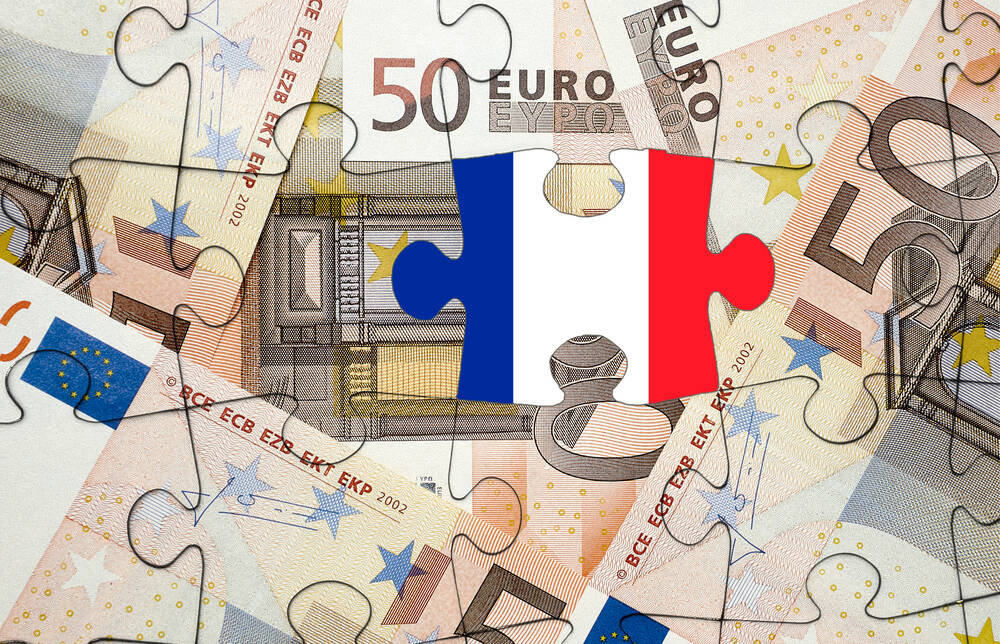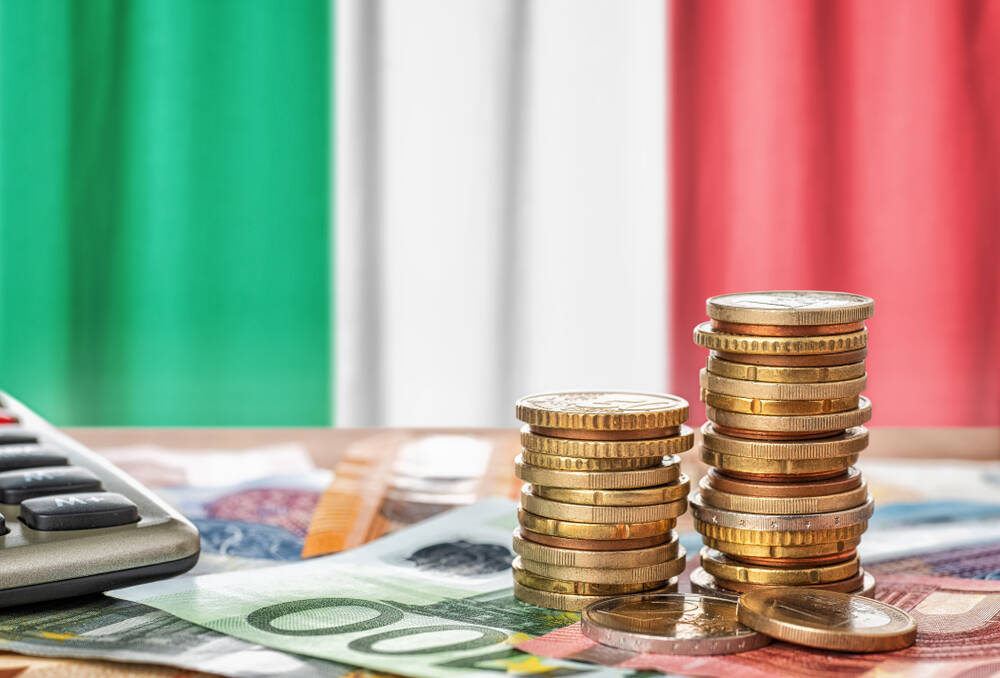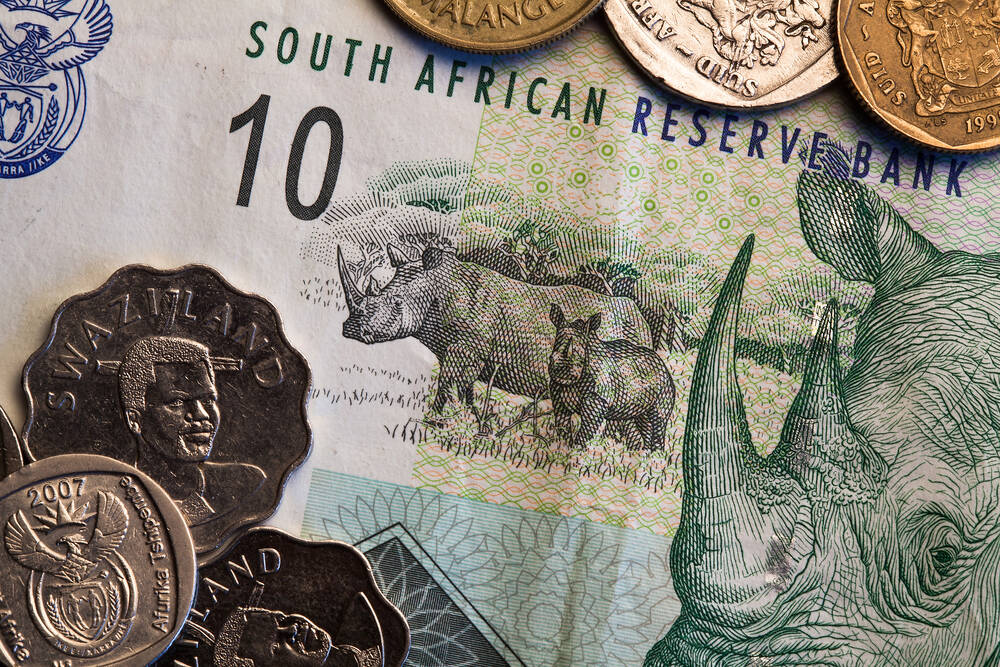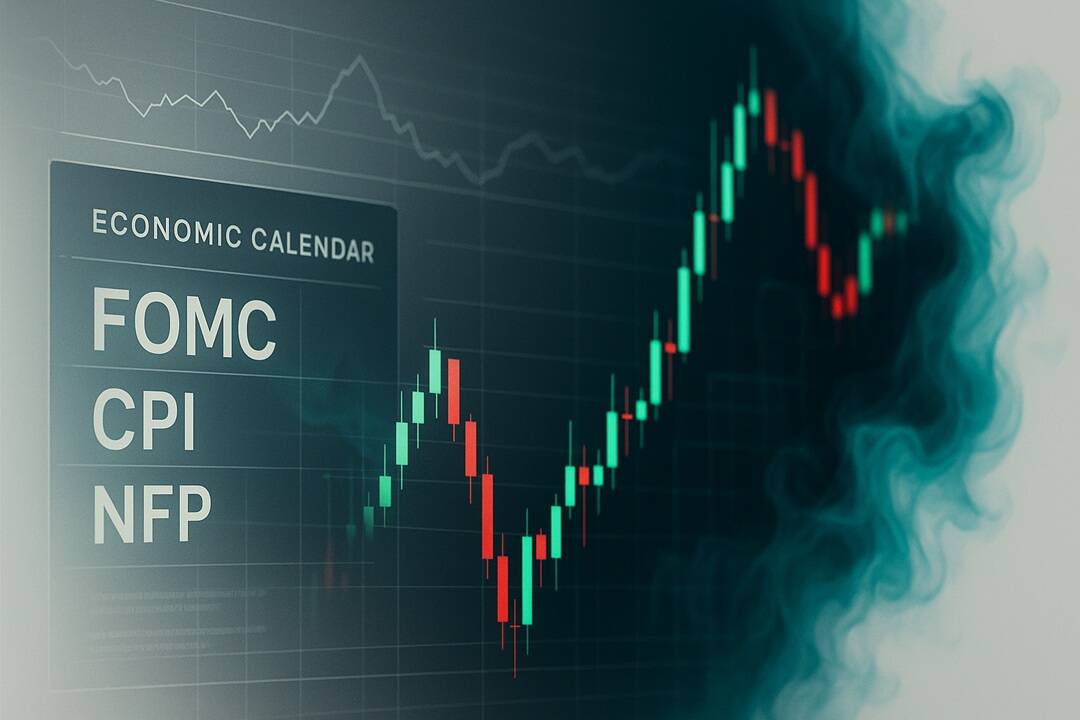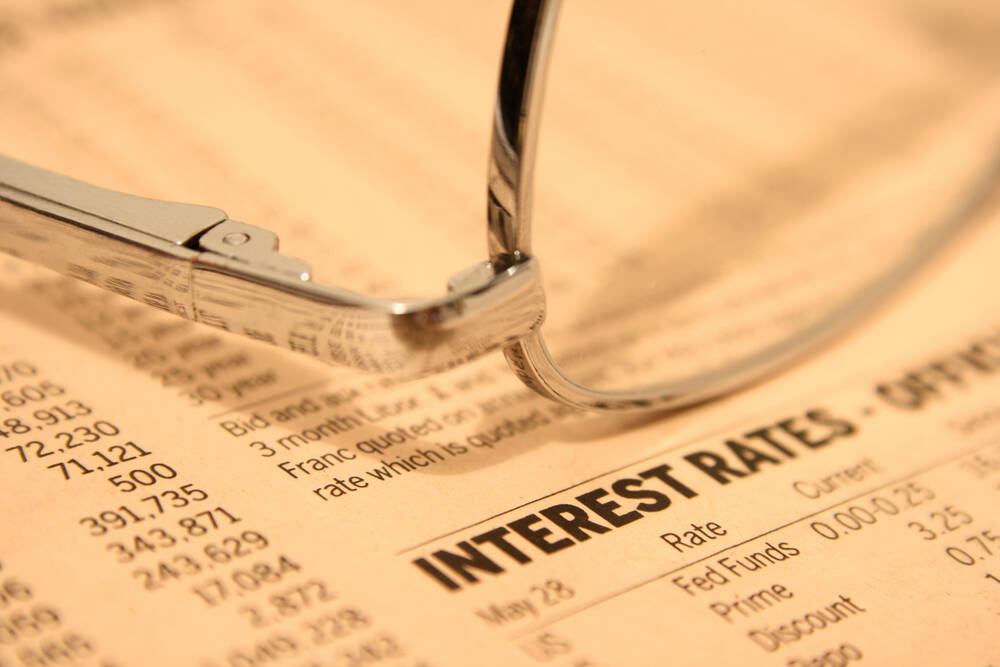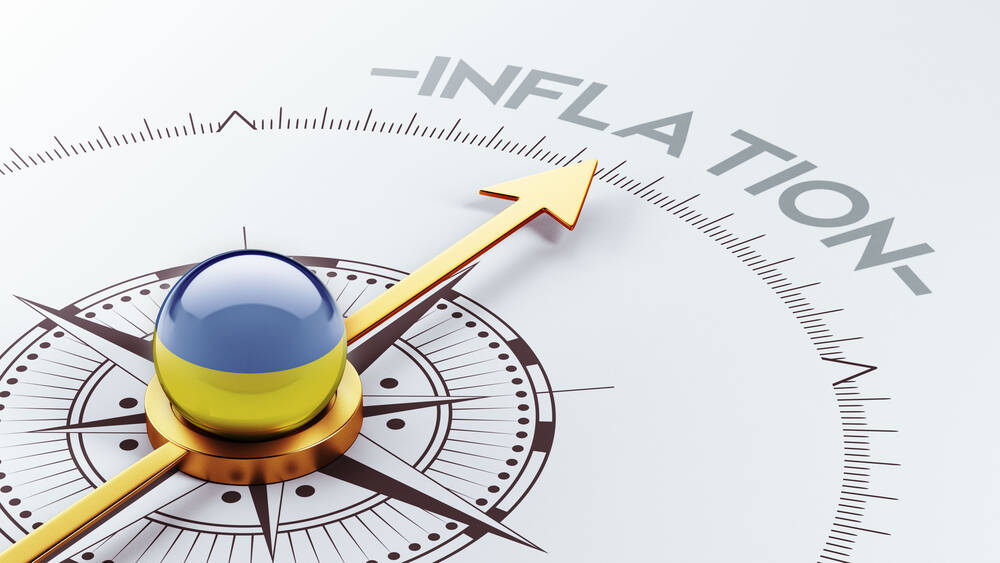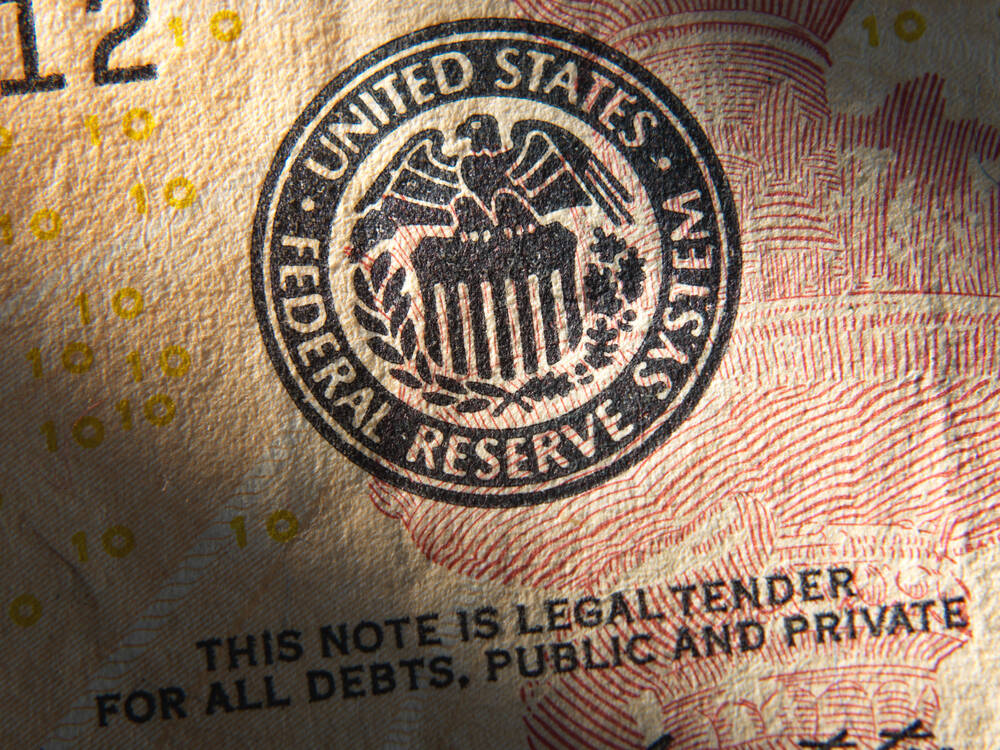Advertisement
Advertisement
Search Indicator:
Choose Country 
Euro Area GDP Growth Rate
Last Release
Sep 30, 2025
Actual
0.2
Units In
%
Previous
0.1
Frequency
Quarterly
Next Release
N/A
Time to Release
N/A
Highest | Lowest | Average | Date Range | Source |
12.6 Sep 2020 | -11.7 Jun 2020 | 0.35 % | 1995-2025 | Eurostat |
The Euro Area is an economic and monetary union of 19 European countries that adopted the euro as their currency. It is the second largest economy in the world and if it was a country it would be the third most populous with 341 million inhabitants. Germany, France, Italy and Spain are the most important economies accounting respectively for 29 percent, 20 percent, 15 percent and 10 percent of the bloc’s GDP.
Latest Updates
Eurozone GDP growth for the third quarter of 2025 was revised slightly higher to 0.3%, up from the preliminary estimate of 0.2% and above the previous quarter’s 0.1% expansion. The upgrade was driven by a rebound in fixed investment, which rose 0.9% compared with a 1.7% decline in Q2, and stronger government spending, up 0.7% versus 0.4% in the previous quarter. Inventory changes contributed an additional 0.1 percentage point to GDP. Household consumption growth eased slightly to 0.2% from 0.3%, while net exports subtracted 0.2 percentage points as imports rose 1.3% and exports grew more slowly at 0.7%. Among the region’s largest economies, Spain and France led the expansion with growth of 0.6% and 0.5%, respectively, followed by the Netherlands at 0.4% and Italy at a modest 0.1%. In contrast, Germany’s economy remained stagnant during the quarter.
Euro Area GDP Growth Rate History
Last 12 readings

